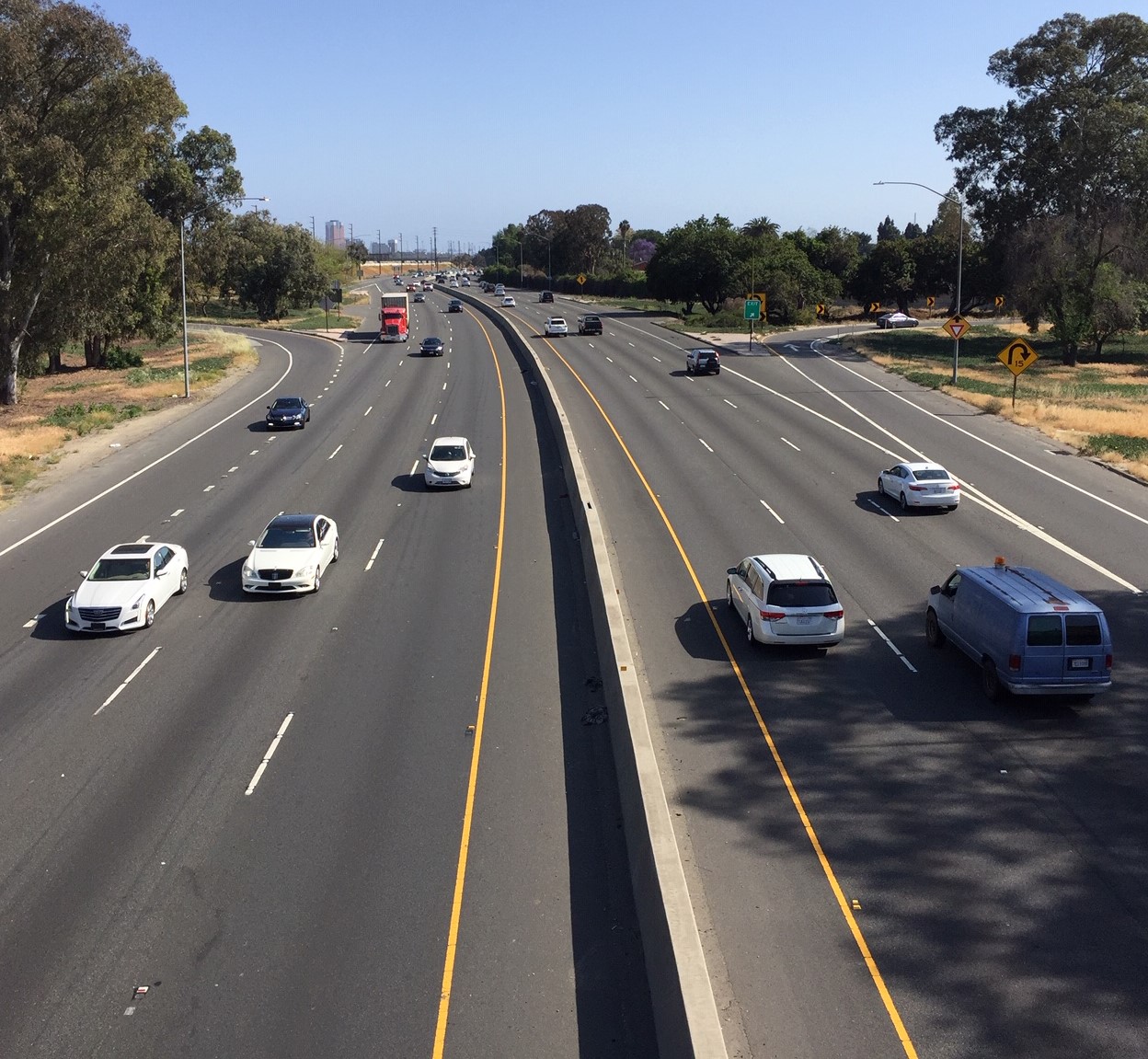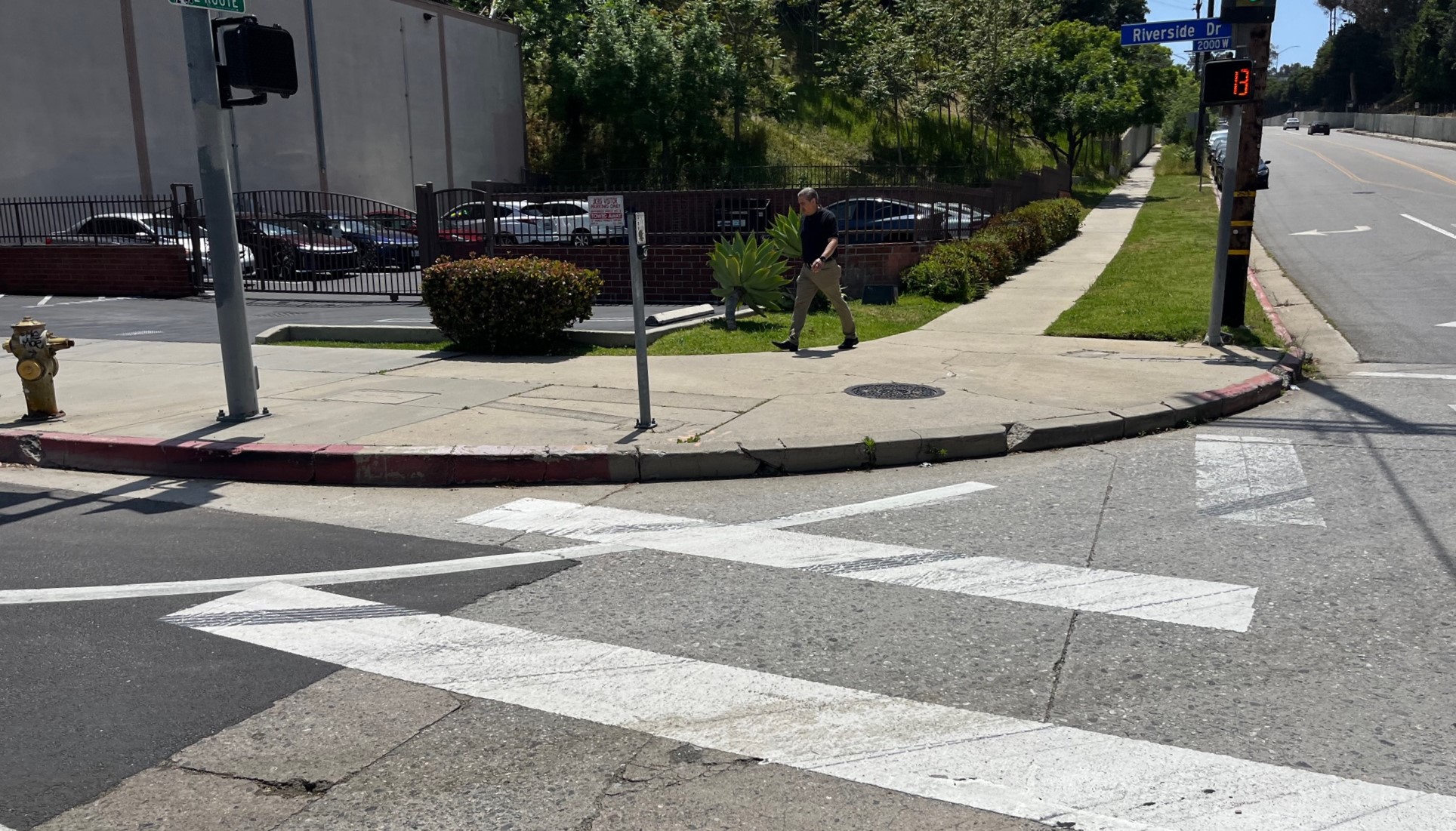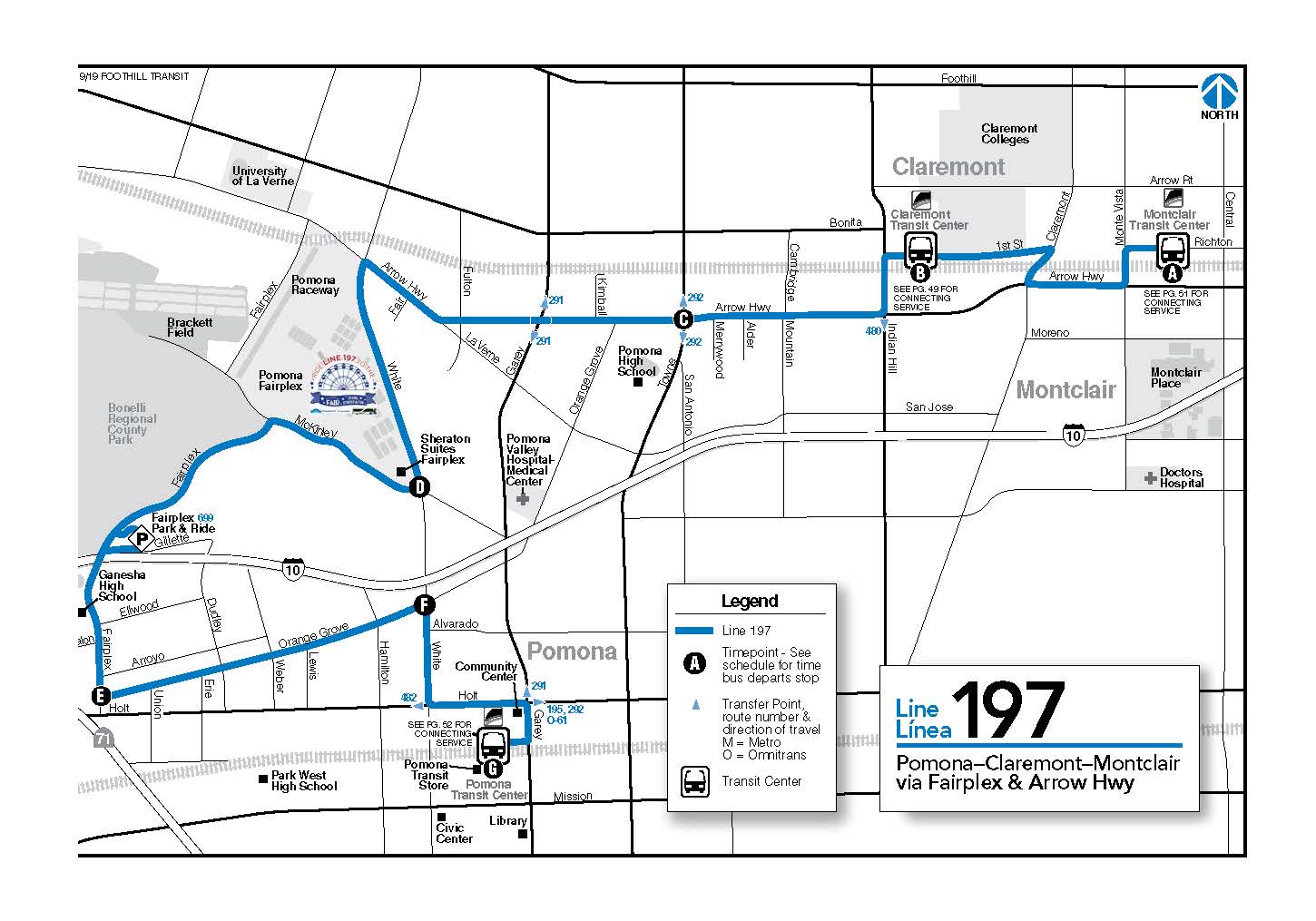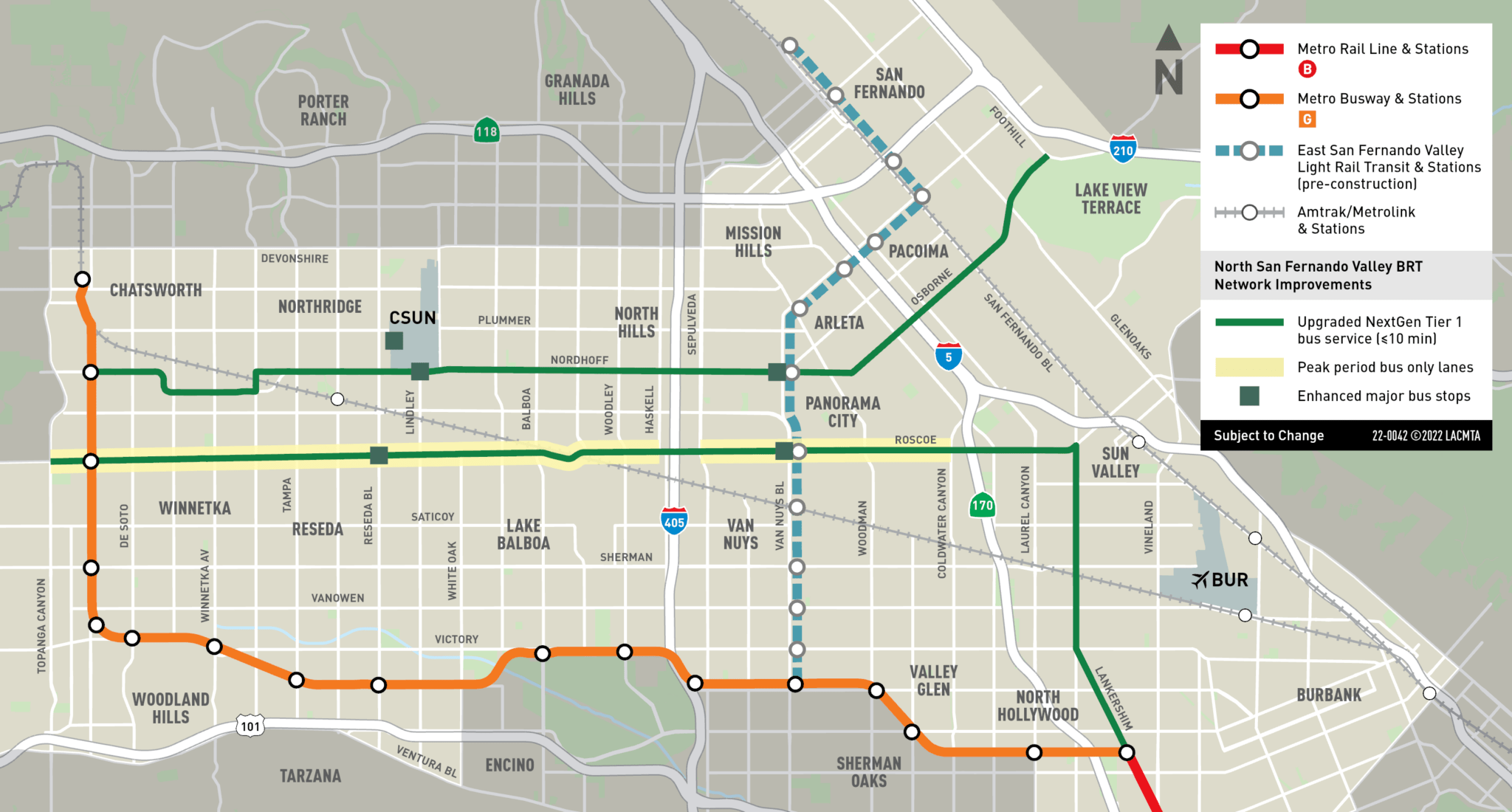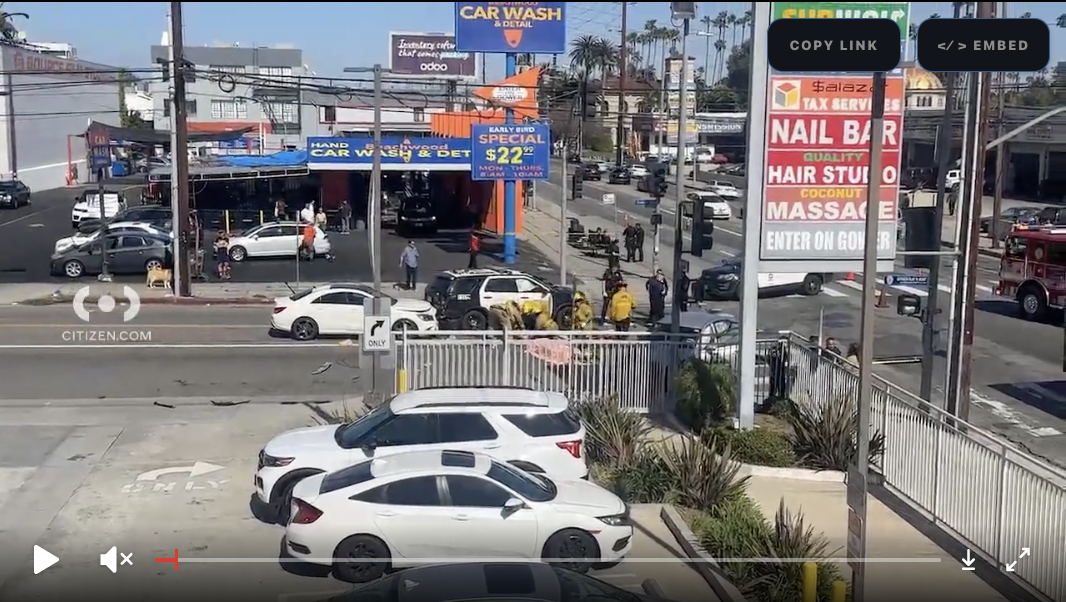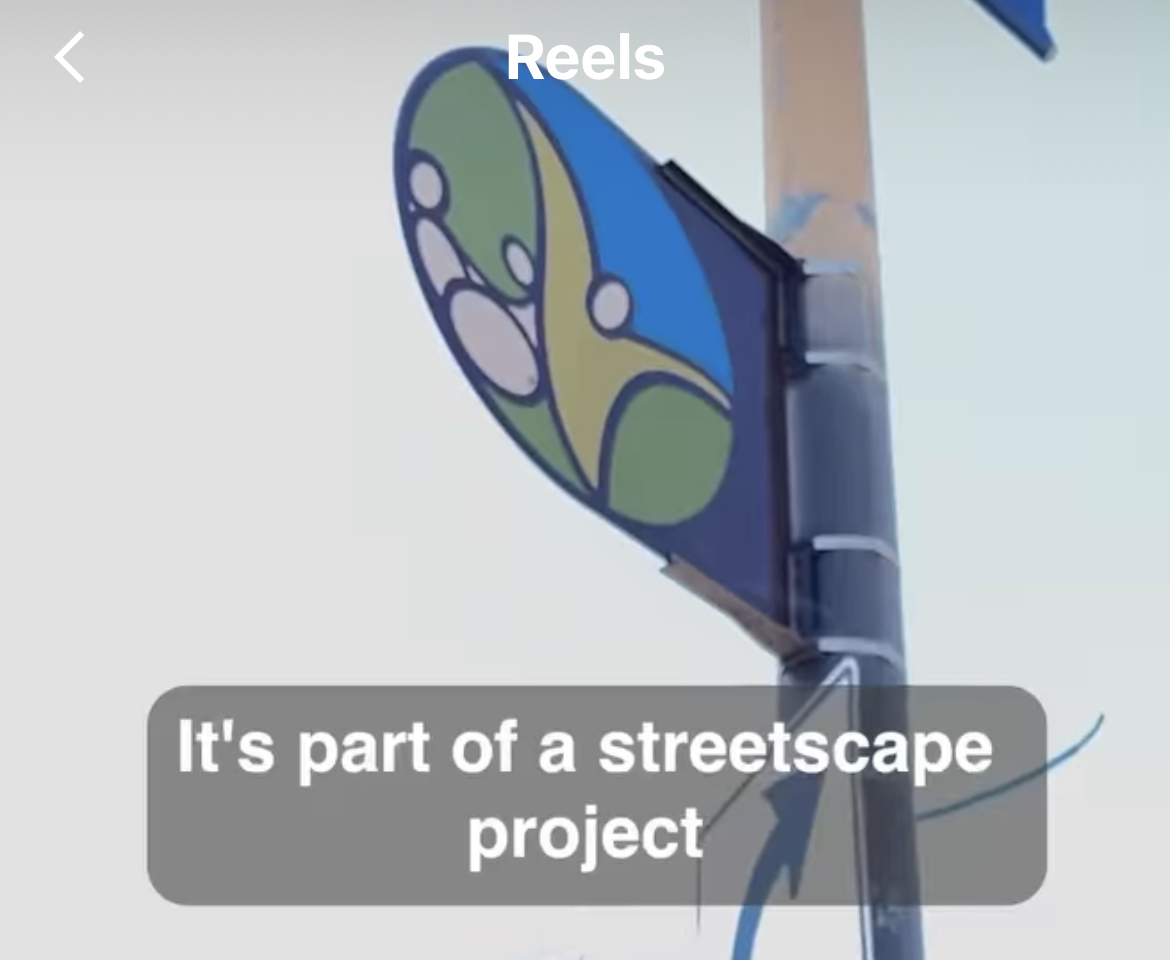As expected, Metro and Caltrans highway builders are not quite accepting that the lower 710 Freeway widening project is dead. Readers will recall that the Environmental Protection Agency, Caltrans, and the Metro board have all withdrawn their support for what the L.A. Times called “a zombie project from another era.” Yet instead of being canceled outright, the 710 Freeway widening is now spawning a series of committees that appear to be working to revive said zombie.
The Gateway Cities Council of Governments (GCCOG) recently formed its own ad hoc committee to come up with recommendations for some kind of revised lower 710 Freeway project. GCCOG is basically a group of relatively suburban-leaning city representatives; the COG's leaders and staff have acted as cheerleaders for widening the 710, 605, 5, and other freeways. Not every elected official in the GCCOG supports every freeway project, but on the whole the COG has.
The Gateway Cities COG's new I-710 Ad Hoc Committee is in a sort of public/private limbo - an odd place for a committee whose stated focus includes "community engagement." COG staff are quick to clarify that the meetings are not subject to California's Brown Act, which mandates a some degree of openness and transparency when elected officials meet to discuss and decide public matters like, say, planning a multi-billion-dollar freeway widening that includes hundreds of home demolitions. The committee itself decided to make its meetings "visible to the public [online]," though the COG doesn't publish notice of meetings on its website, so "notification of any interested members of the public will occur through the individual Ad Hoc Committee members." The COG committee generally meets on the first and third Mondays of the month (though the next meeting will be September 20). Readers interested in the committee can email info@gatewaycog.org to request to receive meeting notices.
So far, the COG 710 committee met three times: August 2 (meeting summary), August 16 (meeting summary), and yesterday.
Yesterday, the committee heard from representatives of the Coalition for Environmental Health and Justice (CEHAJ), which was formed in response to a 2001 Caltrans proposal to widen the lower 710 from 8 to 16 lanes. For more than a decade, CEHAJ has been clear in demanding any lower 710 project include three things: local hire, no displacement, and zero emissions. Dilia Ortega, an organizer with CEHAJ member Communities for a Better Environment, noted that the alternative that Metro selected in 2018 (which was struck down by the EPA this year) met none of these demands, instead offering "displacement, diesel, and no local hire."
Laura Cortez, Co-Executive Director of CEHAJ member East Yard Communities for Environmental Justice, urged the committee to innovate, "think outside the box," and to engage and collaborate with the most impacted communities. CEHAJ continues to press for an alternative that would center community health and well-being.
Also, yesterday, the GCCOG 710 committee appointed three of its members - city of Cudahy Vice Mayor Elizabeth Alcantar, city of Commerce Mayor Pro Tem Oralia Rebollo, and Bell City Councilmember Ali Saleh - to yet another new 710 Freeway committee: Metro's new I-710 South Corridor Task Force.
Metro's 710 task force (according to a Metro presentation) is tasked with "re-engaging stakeholders and developing an equity-focused, multimodal approach to delivering regional mobility, air quality and community benefits for the I-710 South corridor." Metro anticipates that the task force will "report back to the Metro Board in the first half of 2022" with an "investment plan" for the 710 corridor.
The Metro task force will include 45 people representing various corridor interests, including the ports to corridor cities. The committee is currently being formed and is expected to meet for the first time the week after next, on Monday, September 13. The task force does not appear yet on Metro's 710 project webpage, but that is likely to be where the public may be able to find out about its proceedings.
It's perhaps good that Metro and Caltrans are now just talking about the 710 project, instead of proceeding to tear people's homes down to make way for more cars and trucks. It's unclear what the future holds for 710 corridor communities. Will Metro, Caltrans, and the GCCOG be able to break out of their freeway expansion mode and truly invest in cleaner air, public health, and less diesel traffic in one of the most polluted corridors in the United States? Or will these highwaymen try to wait out community advocates, and just try to to re-heat the poison stew plan that they've been pushing on these already burdened communities for decades?
